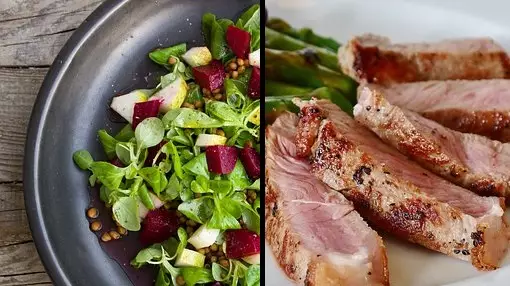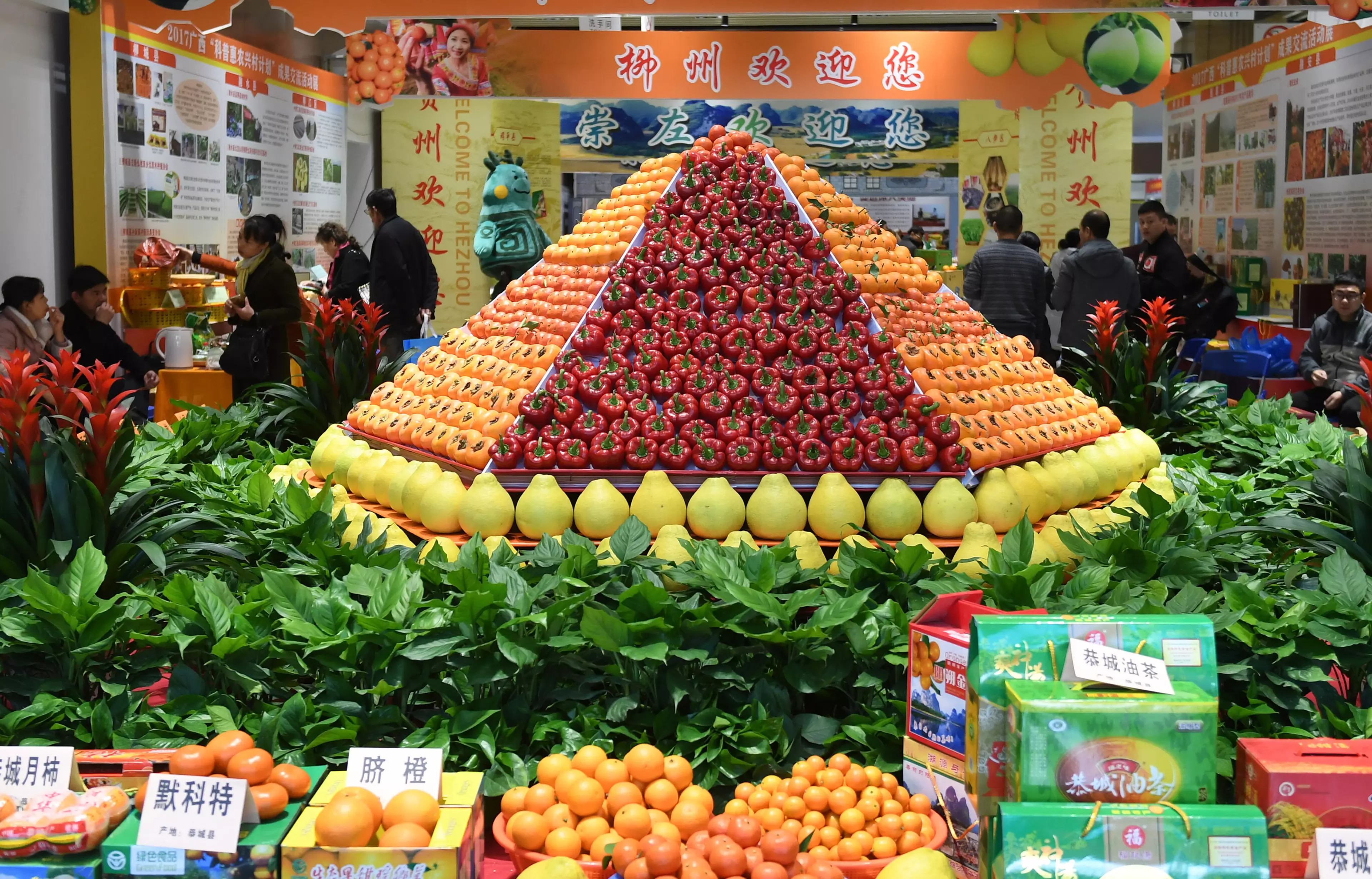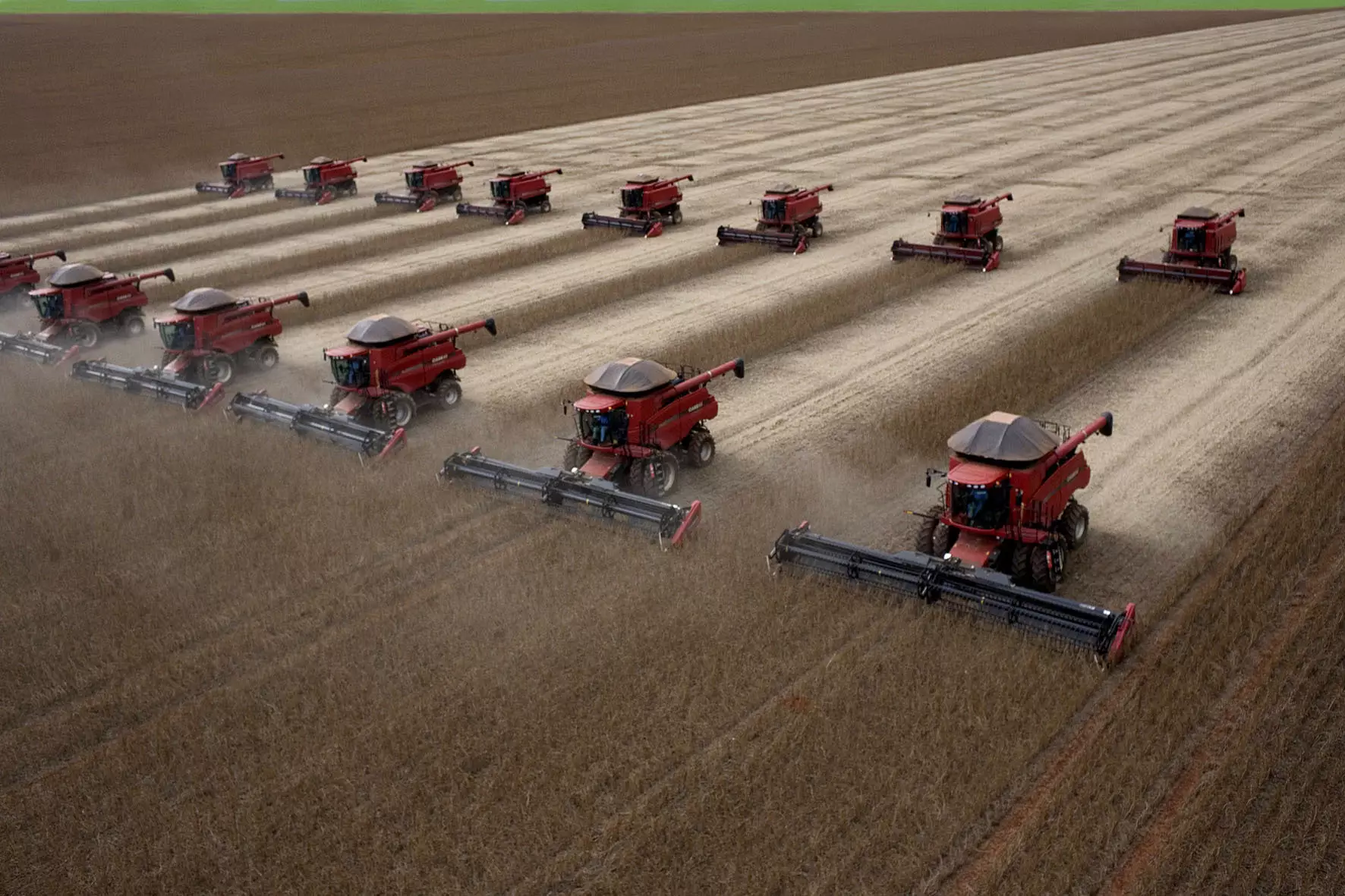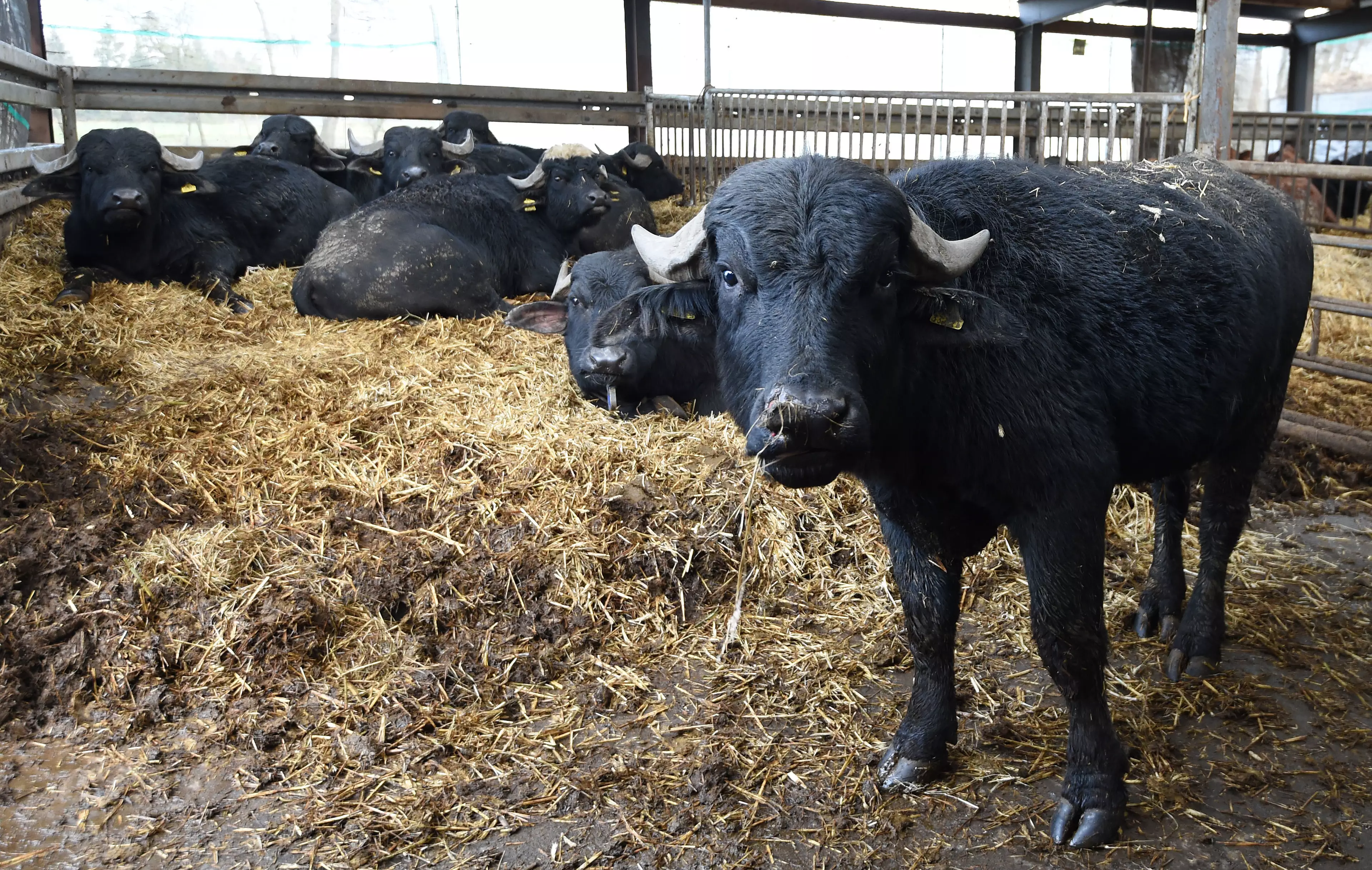
Veganism has long been supported by the notion that it's not only a healthier option than a meat-based diet, but it's also good for the environment - and obviously spares the slaughter of billions of animals every year.
While there is loads of evidence to support the idea that current agricultural practices involving livestock aren't sustainable or good for our planet, there are also environmental, cultural and economic issues related to veganism.

For starters, researchers at Carnegie Mellon University compared 10 eating patterns and found that less land is used to support a diet that incorporates some meat and dairy, as opposed to one based entirely on veganism. According to the Guardian, that's because a lifestyle that is based on both plants and meat makes use of all the available land, rather than just the parts that support crop growth.
It's worth bearing in mind, however, that according to none other than the United Nations, the meat industry is a 'major stressor on many ecosystems and on the planet as a whole'. Water systems have been damaged, land and air quality has declined, and it takes a lot of natural resources to raise and graze these animals.
But it's not as if growing vegetables or fruits is dissimilar.
The rate of farming avocadoes, for example, is currently unsustainable, says The Conversation. With Mexico producing 30 percent of the world's avos, the growing hunger for the delicious green vegetable means the Central American country has to clear more forest region to keep up with demand. The same is being seen with the production of soybeans in the Amazon region.

Interestingly, the researchers from Carnegie Mellon University found that lettuce is more than 'three times worse in greenhouse gas emissions than eating bacon'.
Study co-author, Paul Fischbeck, said: "Lots of common vegetables require more resources per calorie than you would think. Eggplant, celery and cucumbers look particularly bad when compared to pork or chicken."
There are also parts of our planet which simply can't sustain crops, like the 60 percent of sub-Saharan Africa that is dryland. Trying to implement a vegan system there would not only be incredibly difficult, but as the BBC reports, forcing these communities to get rid of the livestock that they've come to rely on would take away their cultural identity of being nomadic.

Cutting down our global animal agriculture would do wonders for our climate, reducing greenhouse gases by 60 percent if all red meat products were eliminated. However, that's based on the idea of converting a huge swath of land, formally used to support livestock, into grasslands and forests.
The only issue with that, is that if you're taking away meat and dairy products, you're going to need a lot of land to keep the masses from being hungry.
Essentially, instead of leaning to one side or the other, we should find a middle ground by reducing our reliance on meat, while finding sustainable solutions for vegetable and fruit industries.
Advert
Sources: Quartz Media, Guardian, United Nations, WWF, The Conversation, Independent, BBC
Topics: Food, News, meat, Interesting, Vegetarian, Vegan